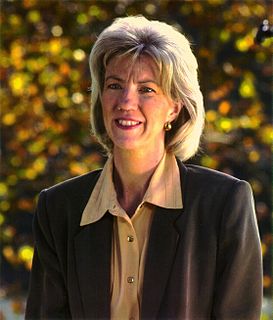A Quote by Andrew R. Wheeler
Americans have carried the burden of our government's heavy-handed approach to environmental regulation for far too long - with rural and disadvantaged communities bearing the brunt.
Related Quotes
Our domestic problems are for the most part economic. We have our enormous debt to pay, and we are paying it. We have the high cost of government to diminish, and we are diminishing it. We have a heavy burden of taxation to reduce, and we are reducing it. But while remarkable progress has been made in these directions, the work is yet far from accomplished.
For too long, Americans have been plagued by unwanted and unlawful robocalls. For too long, they've found unauthorized charges and changes to their phone service on their bills - practices commonly known as 'slamming' and 'cramming.' And for too long, some phone calls that are placed to rural residents have been dropped.
An environmental revolution is taking shape in the United States. This revolution has touched communities of color from New York to California and from Florida to Alaska - anywhere where African Americans, Latinos, Asians, Pacific Islanders, and Native Americans live and comprise a majority of the population. Collectively, these Americans represent the fastest growing segment of the population in the United States. They are also the groups most at risk from environmental problems.



































